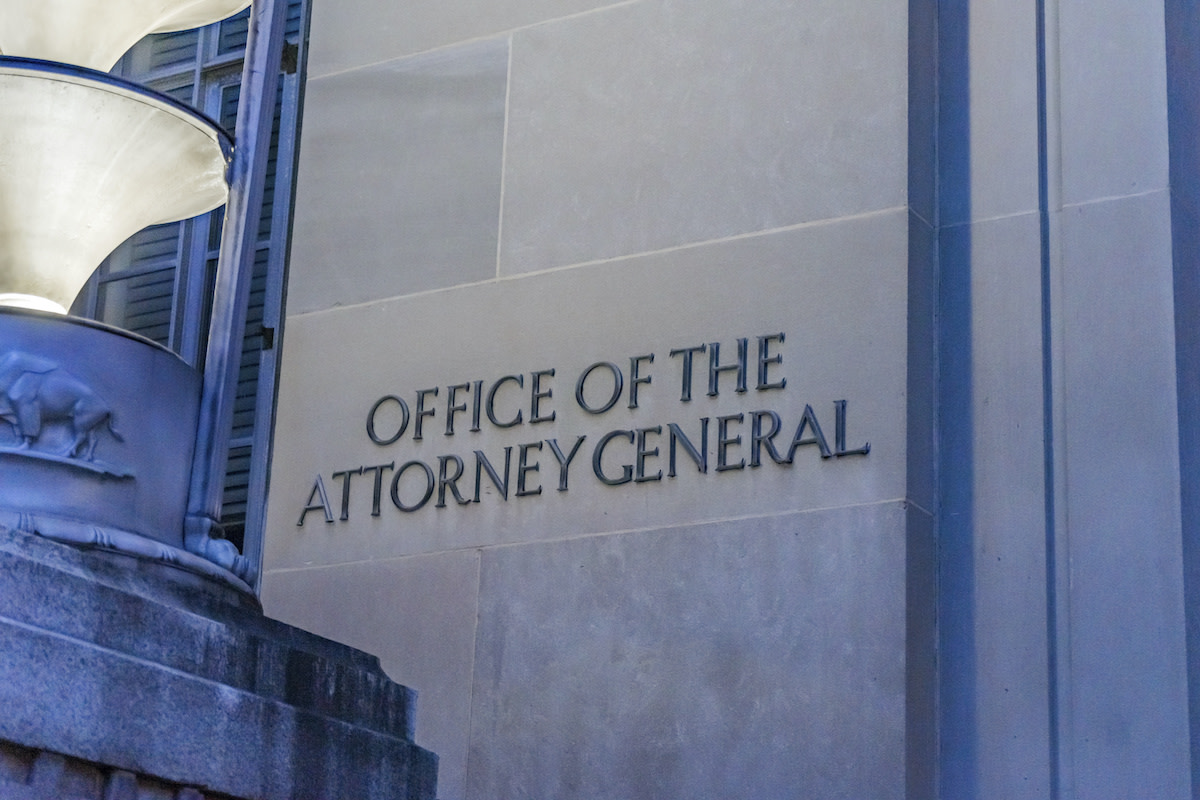What Does the Attorney General Do?
Written by MasterClass
Last updated: Sep 12, 2022 • 3 min read
The attorney general of the United States leads the United States Department of Justice and supervises law enforcement and justice administration within the country.
Learn From the Best
What Is an Attorney General?
The US attorney general, a cabinet-level position within the executive branch of the federal government, is the chief legal officer and chief law enforcement officer. The office of the attorney general stands at the top of the United States Department of Justice.
The Department of Justice (DOJ) was created in 1870 during the administration of Ulysses S. Grant. However, the job of attorney general dates back to the Judiciary Act of 1789, which was passed around the time that the US Constitution was ratified. As such, the attorney general has been a cabinet position since the George Washington administration. The first attorney general under Washington was Edmund Randolph, who was later followed by William Bradford and Charles Lee.
Traditionally, the role of attorney general is considered among the most important in a president's cabinet, alongside the secretary of state and secretary of defense.
What Does the Attorney General of the United States Do?
The attorney general serves as the chief legal officer and chief law enforcement officer for the United States federal government. Duties of the attorney general include:
- Supervising government prosecutors: The US government employs a nationwide team of prosecutors, called United States Attorneys, to enforce federal law. They report to the attorney general.
- Bringing federal cases: Through US attorneys, the government brings lawsuits related to matters of federal law. These lawsuits are heard in federal court, including courts of appeals in the United States and the Supreme Court. The chief prosecutor of the United States, the solicitor general, works in tandem with the attorney general on many of these cases.
- Protecting the rights of the public: The attorney general is tasked with protecting citizens' rights in matters regarding civil liberties, civil rights, consumer protection, antitrust, human trafficking, drug trafficking, public health, and preserving natural resources.
- Overseeing criminal investigations: The attorney general oversees law enforcement, criminal cases, and investigations through the Federal Bureau of Investigation (FBI), the Bureau of Alcohol, Tobacco, Firearms and Explosives (ATF), the US Marshals Service, and the Drug Enforcement Administration (DEA). All of these agencies are contained within the Justice Department, with their directors reporting to the attorney general.
- Serving as legal counsel to the president: Most attorneys general provide legal advice to the presidents they serve. The president sets a legal and criminal justice agenda for the country, and the attorney general executes the president's vision while providing legal opinions about the feasibility of various initiatives.
National vs. State Attorneys General
Per the Tenth Amendment to the United States Constitution, a wide array of legal matters are the dominion of individual states. State governments pass laws through a state legislature, and these laws are enforced via a state court system. As such, each individual state has its own attorney general tasked with enforcing and prosecuting state laws.
The jurisdiction split between a state attorney general and a federal attorney general comes down to the laws in question:
- State laws are administered by a state attorney general. If a criminal breaks a statewide law (but does not operate a criminal scheme that crosses state lines), the state attorney general has jurisdiction to prosecute that case and uphold applicable state laws. Such laws might govern crimes like murder, arson, identity theft, mortgage scams, labor abuses, and corruption within state agencies.
- Federal laws, interstate commerce, and Constitutional matters are the province of the federal attorney general. These include matters like interstate drug trafficking, Medicare fraud, Medicaid fraud, tax evasion, and terrorism. The attorney general also may involve themselves in cases where a person has been deprived of their Constitutional rights. This is why cases involving voting access, free speech, and civil rights may be the province of the national attorney general.
Take note that many municipalities have their own district attorney who brings lawsuits on behalf of the government. These district attorneys apply state law and thus must work in concert with their state's attorney general.
Learn More
Get the MasterClass Annual Membership for exclusive access to video lessons taught by the world’s best, including Paul Krugman, David Axelrod, Doris Kearns Goodwin, Karl Rove, Jane Goodall, and more.
